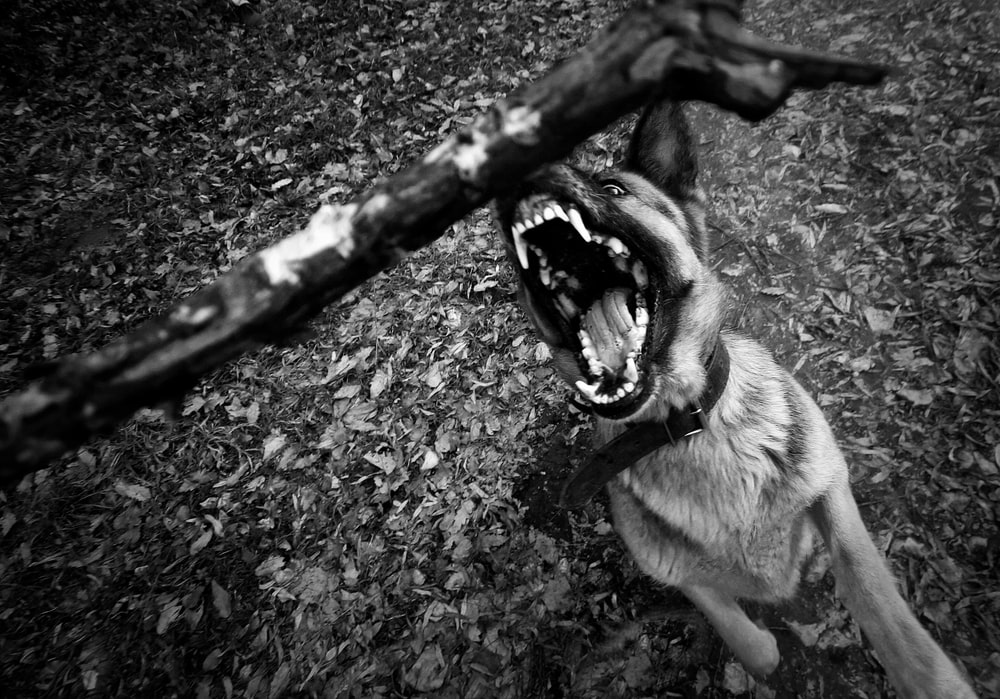
Washington’s dog bite law usually protects victims pretty well. We’ve got strict liability here, which means dog owners are on the hook for injuries their animals cause in most situations. But trespassing changes things. If you’re bitten while you’re somewhere you shouldn’t be, does that wipe out your claim entirely?
Not necessarily, because it’s more complicated than that.
Understanding Washington’s Strict Liability Dog Bite Law
RCW 16.08.040 says dog owners in Washington are liable when their dog bites someone who’s lawfully in a public place or lawfully on private property. That word “lawfully” matters a lot. You need a legal right to be wherever you are when the bite happens.
When you’re trespassing, you don’t have that right. This gives the dog owner a potential defense. But it doesn’t automatically mean you can’t recover anything.
When Trespassing May Bar Your Claim
If you were actively trespassing at the time of the attack, the dog owner might avoid liability under Washington’s strict liability statute. We’re talking about situations like:
- Entering private property without permission or any invitation
- Staying on the property after someone told you to leave
- Going into restricted areas or places with “No Trespassing” signs
- Breaking into a fenced yard or somewhere that’s clearly secured
The dog owner has to prove you were trespassing, though. If they can show you had no legal right to be on their property, your claim under strict liability will probably fail.
Exceptions And Alternative Legal Theories
Even if you were trespassing, you might still have options. Other legal theories can apply. An Everett dog bite lawyer can look at your specific situation and figure out whether any of these paths work for your case.
Negligence Claims
You can pursue a negligence claim if the dog owner acted unreasonably. Let’s say the owner knew their dog was dangerous but didn’t bother securing it properly. They might still be liable even though you were technically trespassing. You’d need to prove:
- The owner knew or should’ve known the dog had dangerous tendencies
- The owner didn’t take reasonable precautions
- This failure directly caused your injuries
Children And The “Attractive Nuisance” Doctrine
Washington law gives special protections to children. Kids don’t always understand property boundaries. If a child wanders onto property because something attracted them (maybe a pool, playground equipment, or even what looked like a friendly dog), the property owner may still be responsible for injuries. Courts recognize that children aren’t going to think about trespassing the way adults do.
Invited But Unauthorized Entry
Sometimes you can’t tell where the line is between lawful presence and trespassing. You might’ve had implied permission to be on the property without anyone spelling it out. Think about:
- Delivery drivers walking up to a front door
- Neighbors cutting through yards when there’s been informal permission for years
- Guests who genuinely misunderstood where they were allowed to go
If you reasonably believed you had permission to be there, you might not count as a trespasser at all.
How Insurance Companies Use Trespassing Defenses
Insurance adjusters love to claim that victims were trespassing. It’s a quick way to deny claims. They’ll argue you shouldn’t have been on the property, even when the situation’s actually pretty ambiguous.
We see this all the time. An Everett dog bite lawyer at Deno Millikan Law Firm, PLLC, knows these tactics inside and out. We can challenge unfair characterizations of where you were and why you were there.
Proving Your Status On The Property
Documentation really matters in these cases. You need evidence that supports your lawful presence. Helpful evidence includes:
- Text messages or emails showing someone invited you
- Witness statements confirming you had permission
- Photos proving the property didn’t have proper “No Trespassing” signage
- Records showing you’d visited the property before
Often, the burden of proof falls on the dog owner to demonstrate that they were unlawfully trespassing.
What To Do After A Dog Bite
Get medical attention immediately, no matter where the attack happened. Dog bites can lead to serious infections. You need proper treatment right away.
Report the incident to local animal control. Document everything you can. Take photos of your injuries, the location, and anything about the property that seems relevant.
Don’t admit fault. Don’t discuss property rights with the dog owner or their insurance company. What feels like an innocent conversation can really hurt your case later.
Get Legal Guidance For Your Situation
Trespassing complicates dog bite claims, but it doesn’t always kill them. Every case has unique circumstances that affect your rights and what you can recover.
We look at the specific facts of what happened to you. We identify which legal theories apply. Then we build the strongest possible case for compensation. Contact us to discuss your situation and learn what options you’ve got moving forward.
